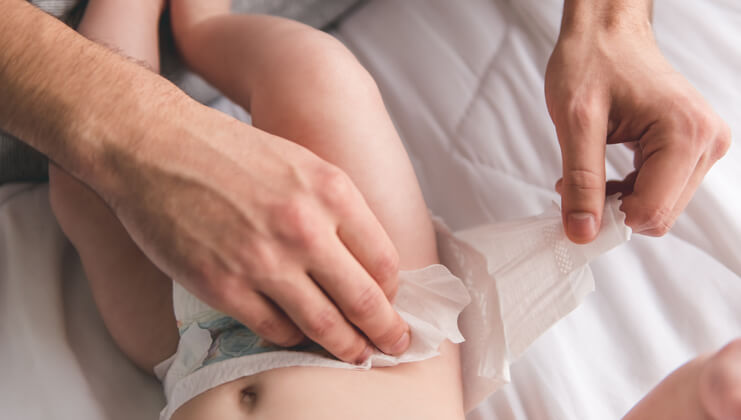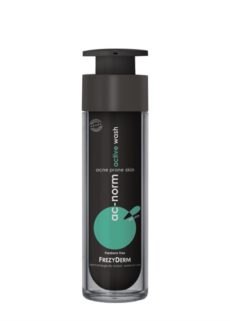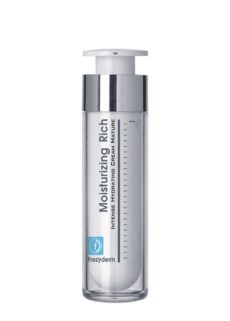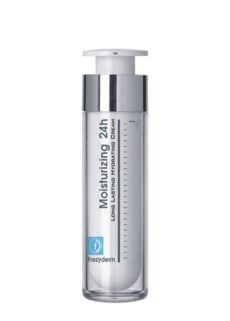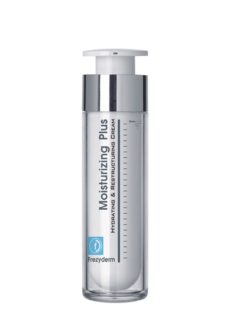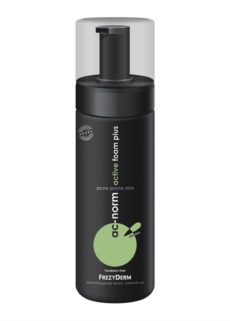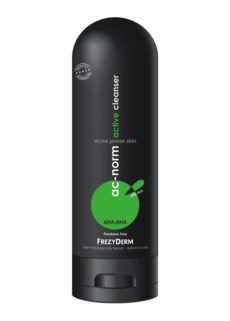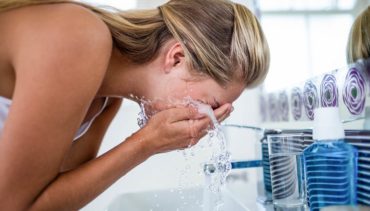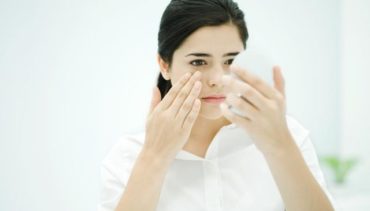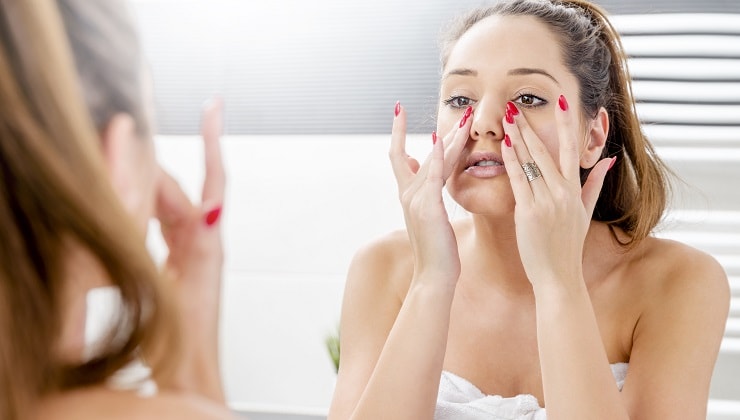
How Our Skin Changes as We Age, And Why We Need to Change Our Routine with It
Your skin is your largest organ. It exists for many reasons: your skin keeps you warm when it’s cold, and cool when it’s hot. Your skin protects you from infection, and also uses nerves to try and keep you safe from danger.
As you’re aware, your skin ages as you do, but did you know that you also need to change your skincare routine with it?
Baby skin
The layers of a baby’s skin are up to five times thinner than a grown-up’s, so their delicate skin needs products specifically designed for their use. Their skin also produces sweat and oil irregularly and is more sensitive to climate changes.
Children’s skin
Although an infant’s skin is certainly tougher than a baby’s, it is still thinner than an adult’s. They also are more susceptible to UV damage, and therefore sun care becomes a top priority for this age group.
Teenage skin
Once those hormones kick in, the skin can change dramatically, which can become quite distressing. The increase in sebum production leads to blocked pores and spots. For some, it can also lead to acne, which can be painful, and up to 85% of teenagers are said to be affected by.
20s’ skin
The skin is replenishing itself every 26-28 days, and it’s easy to not pay too much attention to it, as it’s pretty fresh and plump looking. However, skin doesn’t forget, and how you treat it in your 20s will determine what damage you’ll be trying to remedy in your 30s and 40s.
30s’ skin
The skin’s renewal cycle has begun to slow down, and now replenishes itself every 30-32 days. Fine lines and hyperpigmentation may start to become noticeable, and dark circles may be harder to disguise. The natural stores of collagen and elastin also become weaker.
40s’ skin
Skin is now renewing every 40 days, as well as suffering from a slowed lymphatic system which leads to more puffiness around the eyes and cheeks. The production of sebum has also lessened, meaning it can be more dry and vulnerable to damage from environmental factors.
50s’ skin
The pores of the skin may appear enlarged, as the skin loosens around them. Skin may seem much drier, and the skin’s elasticity is severely decreasing. This may be particularly noticeable on the eyelids and neck.
At FREZYDERM we work hard to understand what your skin needs at every stage. So whether you’re looking to protect your baby’s delicate skin with our Baby Line, or tackle teenage acne with our Ac-Norm line, we have something for every stage.
We strongly believe that you need to adapt your moisturiser as your skin’s needs change, which is why we have one for those in their 20s – Moisturizing 24h Cream, one for those in their 30s – Moisturizing Plus Cream, and Moisturizing Rich Cream for those with more mature skin.



